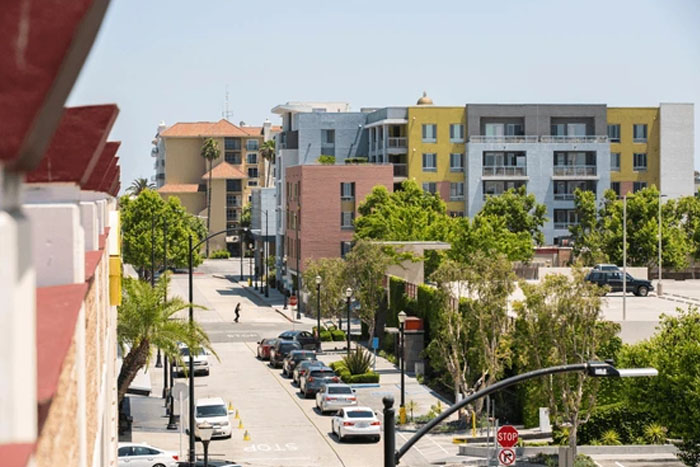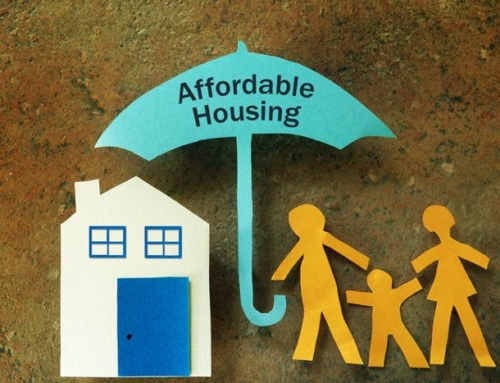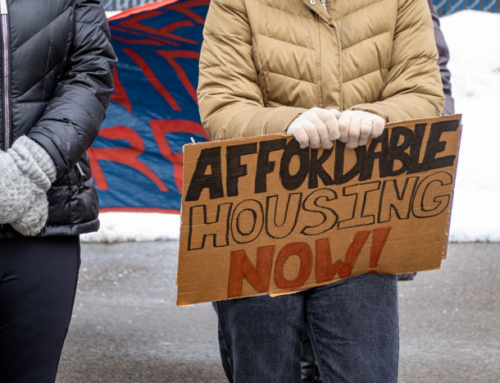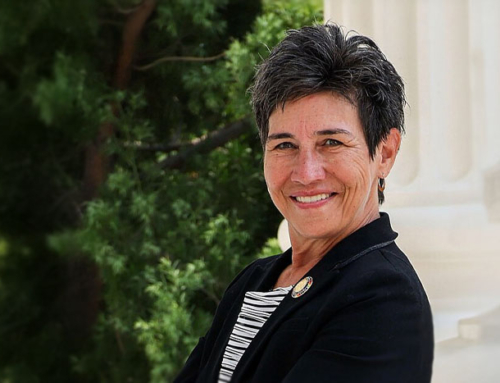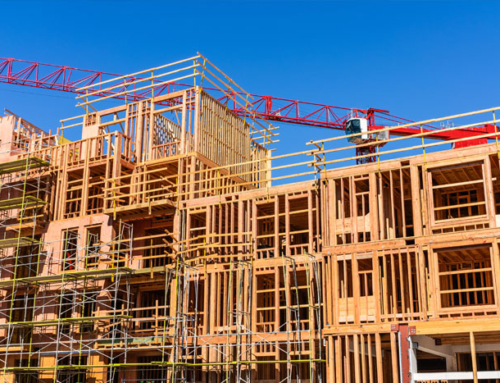While national attention was focused on the Presidential and U.S. Senate races, a significant number of pivotal contests here in California deserve attention. Homelessness and housing affordability continue to be at the forefront of the minds of many incoming Democrats and Republicans who will be sworn into the State Legislature on December 2nd. This reflects the reality that the housing crisis affects every area of the state, and only time will demonstrate which approaches legislators will take toward addressing the housing crisis. The session reconvenes officially on December 2nd, where a few bills will be introduced on the same day as the swearing-in ceremony.
However, the big wave of bill introductions will not start until January, after which a clearer picture will emerge regarding who will be taking a leadership role on policies that are aimed at lowering the cost of new housing construction, preserving affordable housing units, and protecting tenants from rent hikes and displacement.
The following is a preliminary assessment of the net gain of members in the Senate and Assembly who are likely to prioritize housing policies in their bill package throughout the upcoming 2025-2026 Legislative Session:
Senate: Guaranteed net gain of two housing policy champions, with the election of Sasha Renée Pérez (D-SD 25-Pasadena) and Chris Cabaldon (D-SD 3- West Sacramento/Napa). An additional three housing policy champions could be added to the Senate if Tim Grayson (D-SD 9-Concord), Jesse Arreguin (D-SD 7-Berkeley), and Kipp Mueller (D-SD 23-Lancaster) prevail in their elections. These prohousing champions would replace termed-out housing champions Toni Atkins (D-SD 39-San Diego) and Nancy Skinner (D-SD 9-Oakland).
| Incoming | Outgoing |
|---|---|
| Sasha Renée Pérez (D-SD 25-Pasadena) | Toni Atkins (D-SD 39-San Diego) |
| Chris Cabaldon (D-SD 3-West Sacramento/Napa) | Nancy Skinner (D-SD 9-Oakland) |
| Tim Grayson (D-SD 9-Concord)* | |
| Jesse Arreguin (D-SD 7-Berkeley)* |
*Race not called yet by CalMatters
| Incoming | Outgoing |
|---|---|
| John Harabedian (D-AD 41-Pasadena) | Laura Friedman (D-AD 44-Burbank) |
| Nick Schultz (D-AD 44-Burbank) | Tim Grayson (D-AD 15 -Concord) |
| Catherine Stefani (D-AD 19-San Francisco) | Phil Ting (D-AD 19-San Francisco) |
| Anamarie Avila Farias (D-AD 15-Contra Costa) | Chris Holden (D-AD 41-Pasadena) |
| Mark Gonzalez (D-AD 54-Los Angeles) | Miguel Santiago (D-AD 54-Los Angeles) |
| Rhodesia Ransom (D-AD 13-Tracy) | Carlos Villapudua (D-AD 13-Stockton) |
| Sade Elhawary (D-AD 57 – Los Angeles) | |
| Jessica Caloza (D-AD 52 – Los Angeles) | |
| Darshana Patel (D-AD 76 – San Diego) | |
| Alexandra Macedo (R-AD 33-Visalia) | |
| David Tangipa (R-AD 8 – Fresno)* | |
| Heather Hadwick (R-AD 1 – Redding) |
*Race not called yet by CalMatters
The following approved ballot measures are likely to impact housing production:
- Proposition 34 takes aim at one group, the AIDS Healthcare Foundation, which has become a major player in the California housing policy advocacy and is a driving force behind the rent control measure (Proposition 33) and its predecessors over the last decade. The sponsors of Proposition 34 hope that the passage of this measure will end the bi-annual attempts to pass statewide rent control every Presidential Election Cycle.
- Proposition 2 allocates $8.5 billion for K-12 schools and $1.5 billion for community colleges to fund the renovation, repair, and construction of educational facilities. This will indirectly benefit housing development by providing needed funding to make basic structure repairs for schools – currently, this existing cost burden is borne by impact fees paid by housing developers. The funds would be distributed through a matching grant system, with the state covering a larger portion of costs for less affluent districts and those with higher numbers of English learners and foster youth. A portion of the funding would be earmarked for specific priorities, including removing lead from drinking water, creating transitional kindergarten classrooms, and building career and technical education facilities.
- Proposition 4 includes a $10 billion bond in debt to spend on environmental and climate projects. These project investments can improve existing communities where new housing production is needed, but existing infrastructure needs, such as water supply and quality, constrain construction.
The following housing-related ballot measures were rejected by voters:
- Proposition 5 would have amended the state constitution to lower the approval threshold to 55% for bonds aimed at funding affordable housing construction, down payment assistance programs, and various public infrastructure projects, including water management, local hospitals, police stations, broadband networks, and parks. If passed, the new threshold would have applied to both future bonds and any on the ballot this November.
- Proposition 33 would have repealed the state law known as “Costa Hawkins,” which prevents local governments from passing rent control measures on single-family homes, homes built after 1995 (or earlier in some cases), and when tenants move out. Tenant advocates support Prop 33, and pro-housing production and preservation advocates adamantly oppose it and argue that it will make the housing crisis worse. Landlords insist that they will pull existing rental units out of the marketplace and developers argue that it will undercut new development by mandating rents so low that developers could not afford to build.
© LeSar Holdings/LeSar Development Consultants. All Rights Reserved. Please be advised that any republishing of copyrighted material provided by our organization, in whole or in part, requires prior written authorization. For permission, please reach out to [email protected]. We appreciate your understanding and compliance in upholding copyright laws.

